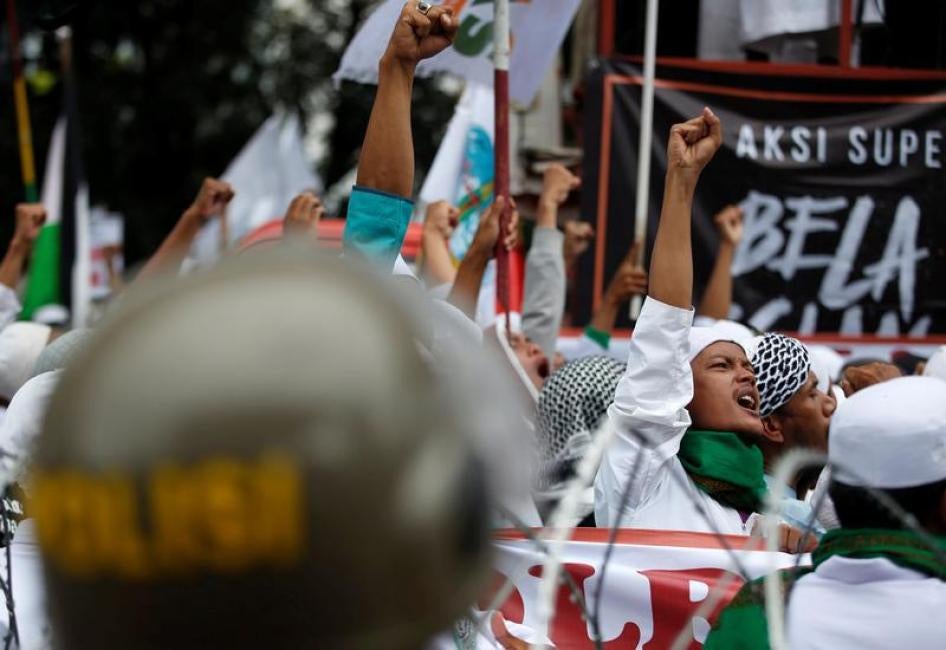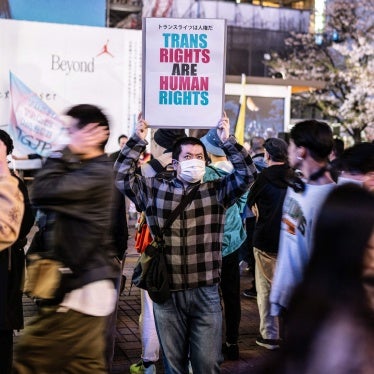Indonesia’s President Joko “Jokowi” Widodo has an unlikely scapegoat for the country’s rise in religious intolerance and sectarianism: democracy.
Jokowi declared on Wednesday that democracy in Indonesia “has gone too far.” He blamed growing Islamic fundamentalism and sectarianism on “political freedom [that has] has paved the way for extreme political practices.”
Indonesia unquestionably has a problem with worsening religious intolerance and growing political clout of militant Islamists. Since President Suharto was forced to step down in 1998, viewpoints long repressed – including a strong thread of religious militancy – have emerged. Its fueled by often violent militant Islamist groups who label non-Muslim religions, excluding Christians and Jews, as “infidels,” and declare Muslims who do not adhere to their definition of Sunni orthodoxy as “blasphemers.”
Those same militants have extended that intolerance to harass and intimidate Indonesia’s lesbian, gay, bisexual, and transgender population.
Jokowi’s scapegoating of democracy for these ills is disingenuous. It’s also a failure to recognize how government policies have empowered militant groups. The escalation in religious intolerance and related violence can be traced back to 2005, when then-President Susilo Bambang Yudhoyono effectively legitimized religious intolerance by vowing strict measures against “deviant beliefs.” During his decade in office, Yudhoyono turned a blind eye to worsening acts of discrimination, harassment, and violence by militant Islamists against religious minorities. The complicity of police and government officials in this intolerance has continued unchecked under Jokowi.
Indonesia’s legal system perpetuates discrimination against religious minorities. Laws include the house of worship regulation, which requires minorities to get official approval to construct or renovate houses of worship, and the blasphemy law, which punishes deviations from the six officially protected religions with up to five years in prison. The blasphemy law has been used to prosecute and imprison members of religious minorities and of traditional religions. The most recent high-profile targets of the blasphemy law include Jakarta Governor Basuki Purnama, militant Islamist leader Rizieq Shihab, and three former leaders of the Gafatar religious group now on trial in Jakarta.
Jokowi needs to stop blaming democracy for rising religious intolerance. Instead, he should use the power of his presidency to eliminate these discriminatory regulations and make clear that militant Islamists as well as police and government officials will face consequences for complicity in discrimination and violence on religious grounds. Until he does, religious freedom in Indonesia will remain in peril.








